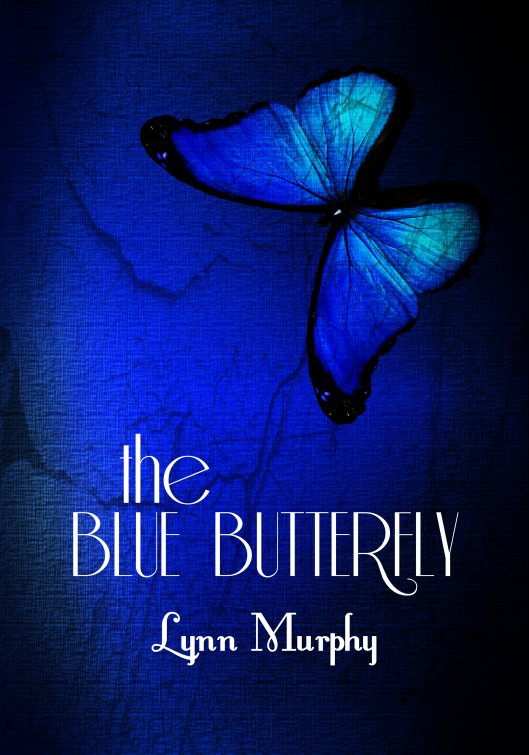Tags
One of the places that I hope to visit when I finally reach Paris some thirty days from now is the Shakespeare and Company bookstore.I have been dying to read Hemingway’s A Moveable Feast, which chronicles his years struggling to make it as a writer in Paris following WWI, but have put off purchasing it from Amazon in hopes that I can buy if there, in Paris. Why there? Because during that time, Hemingway spent a great deal of time in the original store, seeking inspiration from other great, and published, authors. It is not true, as the store’s workers have sometimes overheard passing tour guides proclaim, that James Joyce lies buried in the cellar. The store was opened by Sylvia Beach, an American expatriate, in the 1920s and 30s. As every English major knows, her bookshop and lending library became a hangout for Lost Generation writers such as Ernest Hemingway, F. Scott Fitzgerald, Ezra Pound, and Joyce, whose Ulysses was first published in its complete form by Beach because authorities in Britain and America deemed it obscene. She shut the doors during the Nazi occupation and never reopened. But American George Whitman preserved he legacy and the stories of the famous artists who patronized Beach’s location, when he opened the present-day store in 1951. In A Moveable Feast, Hemingway makes references to the shop and there have been many accounts of the times that he and other writers gathered there. The store, under Whitman’s reign, was at first called “Le Mistral”, but , some say,with Beach’s blessing, he renamed it with the original name in 1964 on the 400th anniversary of William Shakespeare’s death.
The store was famous in its heyday- and still is today. But it is the stories of the golden age that keep aspiring writers and book lovers coming. Much of that was due to beach herself. French author and former director of Versailles, André Chamson said that Beach “did more to link England, the United States, Ireland, and France than four great ambassadors combined.” In A Moveable Feast, Hemingway wrote : “Sylvia had a lively, sharply sculptured face, brown eyes that were as alive as a small animal’s and as gay as a young girl’s . . . She was kind, cheerful and interested, and loved to make jokes and gossip. No one that I ever knew was nicer to me.” Apparently Beach was a strong woman who stood her ground and would not be bullied, even by the Nazis. The store’s website recounts this: One day that December, a Nazi officer entered her store and demanded Beach’s last copy of Finnegans Wake. Beach declined to sell him the book. The officer said he would return in the after noon to confiscate all of Beach’s goods and to close her bookstore. After he left, Beach immediately moved all the shop’s books and belongings to an upstairs apartment. In the end, she would spend six months in an internment camp in Vittel, and her bookshop would never reopen.
noon to confiscate all of Beach’s goods and to close her bookstore. After he left, Beach immediately moved all the shop’s books and belongings to an upstairs apartment. In the end, she would spend six months in an internment camp in Vittel, and her bookshop would never reopen.
The store customizes purchases. Here is what the website says: It’s a tradition in France to ink-stamp the title page of a new book with the bookseller’s hallmark. At Shakespeare and Company, the practice dates back to the shop’s opening in 1951 and, before that, to Sylvia Beach’s bookstore on rue de l’Odéon. Elect to have your book inscribed with the official Shakespeare and Company stamp, and every time you open its pages, you’ll encounter a little reminder of its Parisian origins. This is, I must admit, one of the reasons I want to browse the shelves for a little Hemingway for me, and perhaps a little Voltaire (in Englais) for my husband. For just 4 euros the shop offers the following: Before beginning its journey to you, your book lived on shelves once perused by Allen Ginsberg, Anaïs Nin, and James Baldwin. We can add a keepsake of your book’s life here with us at S&Co by inserting a vintage-feel photo taken among the shop’s tumbledown bookshelves. Each one-of-a-kind picture is shot on film provided by the Impossible Project, which gave new life to instant photography after Polaroids were discontinued in 2008. They will also spritz the book with French perfume (for free) and add a poem for another Euro. Select this option, the store promises, and we’ll tuck a pocket-sized poem into your book. Each one is hand-typed on the shop’s clopping old typewriter by one of our Tumbleweeds.
Ah Paris, where even buying a book is an experience!
In The Blue Butterfly, Jack finds himself in the original Shakespeare and Company with Hemingway, discussing The Sun Also Rises and his relationship with his ‘Paris wife’ Hadley. Want to know what is said and how it turns out? Check out the book (and a few of my others set in Paris) at http://www.booksbylynnmurphy.com

